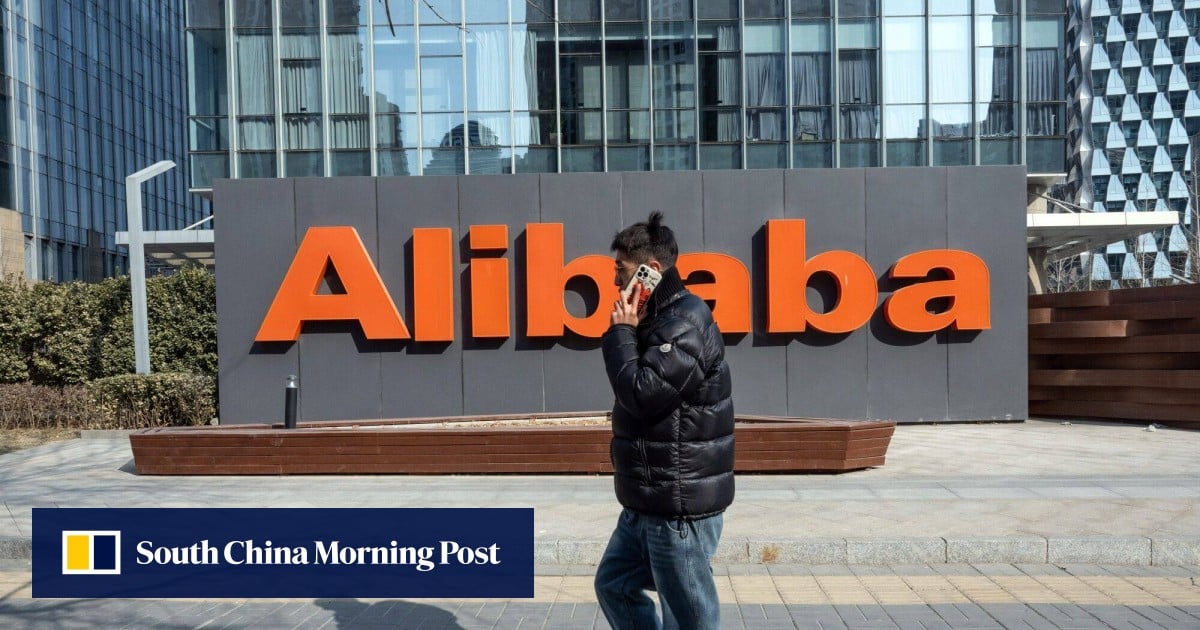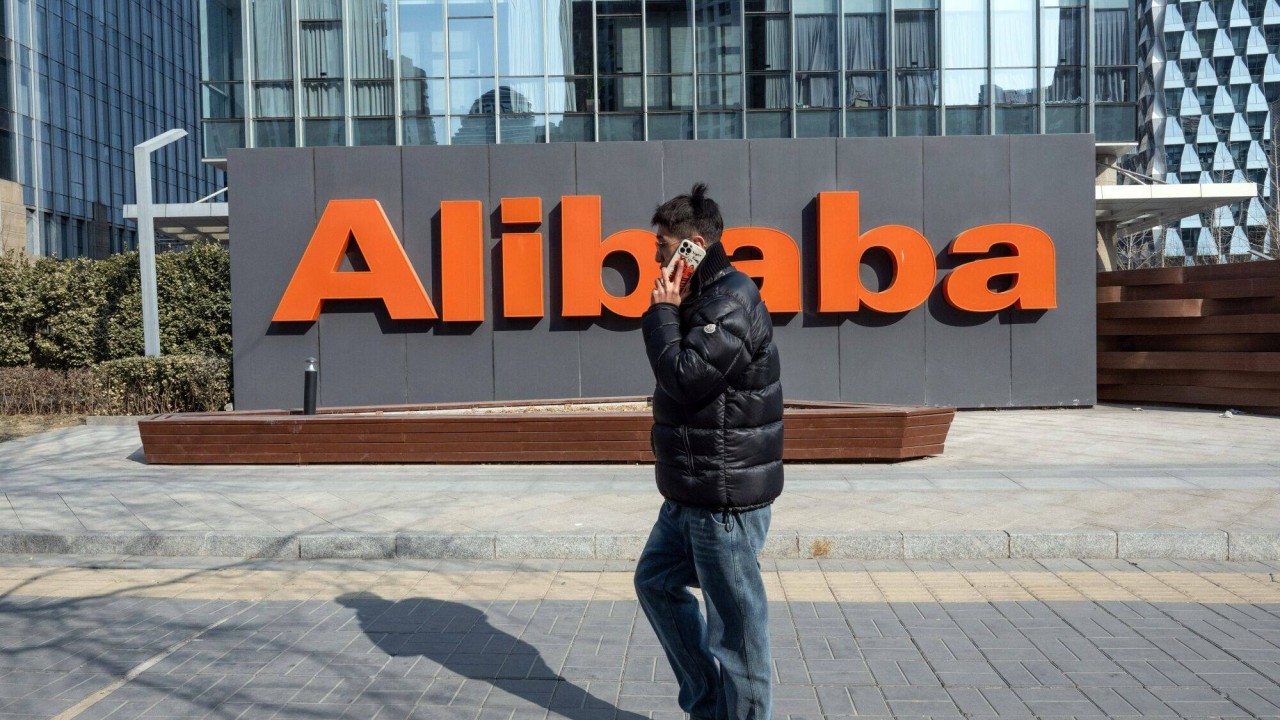
22 Mar Alibaba suspends operations at LST platform as consolidation moves continue apace

The platform will continue to process orders that have already been placed as well as provide after-sale services, according to the LST message.
Alibaba brings 5-day delivery to the US in race against Shein, Temu
Alibaba brings 5-day delivery to the US in race against Shein, Temu
LST is a project under Alibaba’s e-commerce unit Taobao and Tmall Group (TTG), set up to target small convenience stores at street corners with digitised systems to manage supply, inventory and logistics.
It was hailed as an example of Alibaba’s new retail plan, which signed up over 1.5 million shops on the LST system by 2020, according to the company, which also owns the Post.
LST is “not shutting down or merging with 1688,” a Taobao and Tmall spokesperson said in a statement on Friday. 1688 refers to Alibaba’s wholesale trading platform where LST was initially incubated.
“It is currently making business adjustments based on market demand, aiming to better serve its users,” said the spokesperson.
The changes to LST come as Alibaba continues to rejig its e-commerce arm as well as other business units.
Consolidation moves appear to be speeding up for smaller projects outside Alibaba’s bread-and-butter Taobao and Tmall platforms. The bargain marketplace Taobao Deals, operating independently since 2021, is migrating its merchants and products to Taobao, according to a report by Chinese media outlet LatePost.
The spokesperson said Taobao Deals will continue to develop while Taobao and Tmall Group will also increase various supplies on the Taobao app to serve existing users of Taobao Deals.
“2024 will be a year of comprehensive capability upgrades for TTG and also a year of significant investment,” Wu said at a conference call with analysts last month, adding that the company will prioritise investments in product supply among other areas.
Alibaba is battling a weaker macro environment as well as increased competition from the likes of PDD Holdings, which operates Pinduoduo in China and Temu overseas.
Its restructuring has faced setbacks, including putting on hold its listing plan for supermarket chain Freshippo as the company evaluates “market conditions” and terminating the US$12 billion planned initial public offering of its cloud business.
Alibaba is focused on its two core businesses, e-commerce and cloud computing, with noncore operations – such as traditional physical retail businesses – up for sale, according to the company.
Alibaba’s offline retail businesses include Freshippo, supermarket chain Sun Art and department store operator Intime Retail.
“It would make sense for us to exit these businesses, but this will take time given the challenging market conditions. But we’ll continue to work on it,” Joe Tsai, Alibaba co-founder and chairman, said on the earnings call in February, without naming specific companies.
